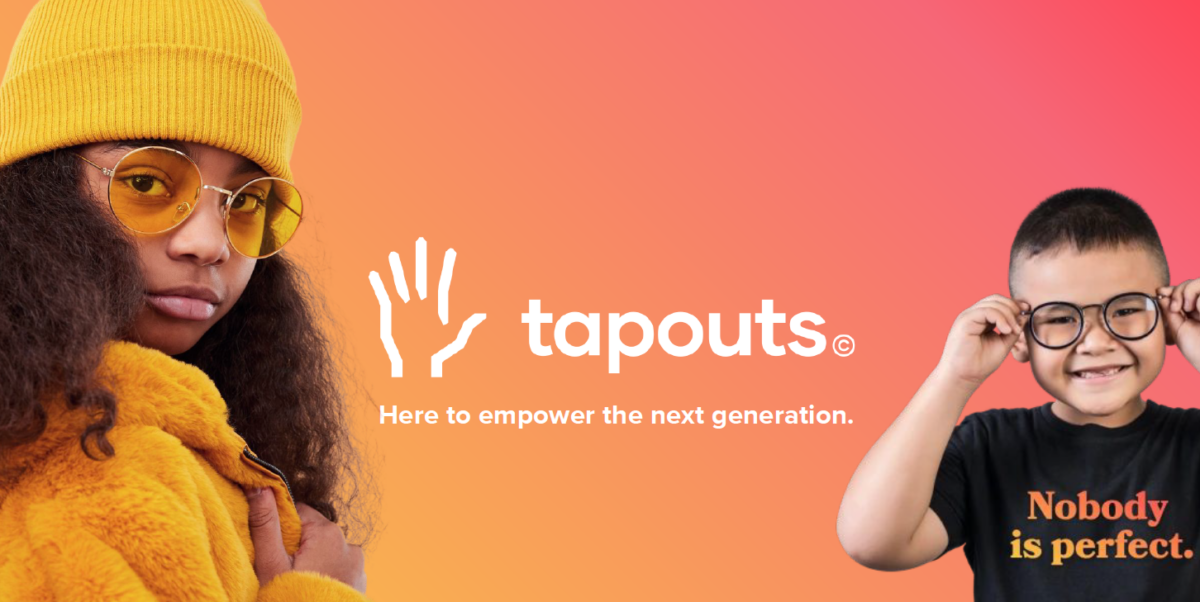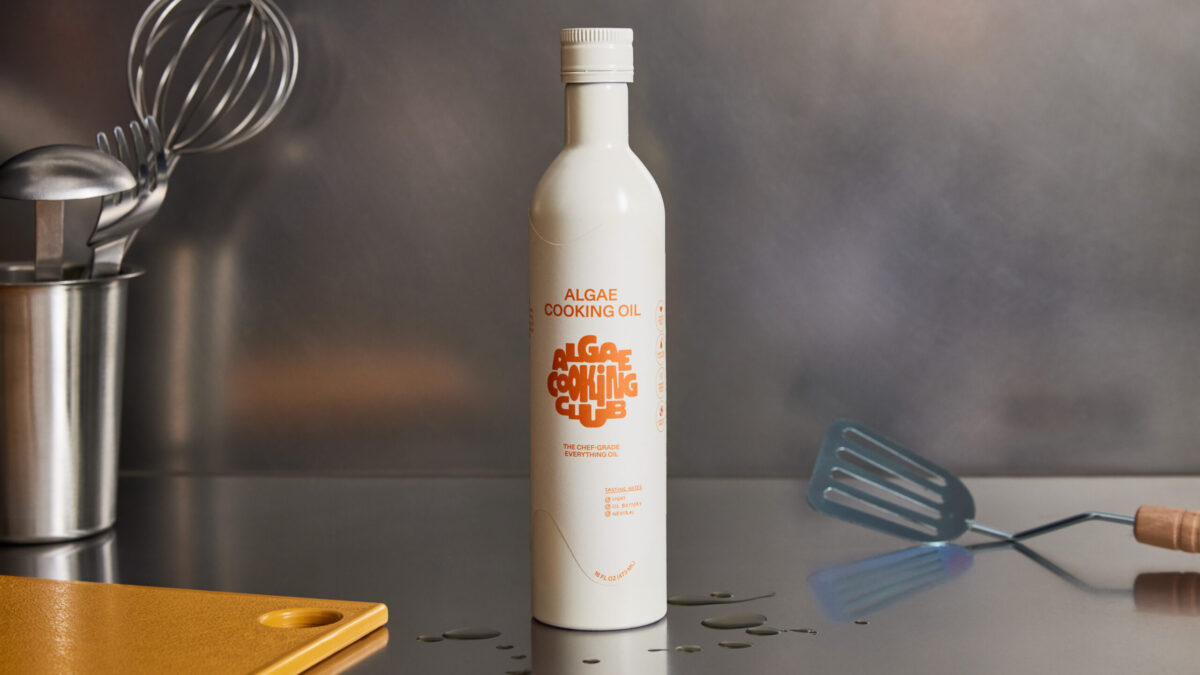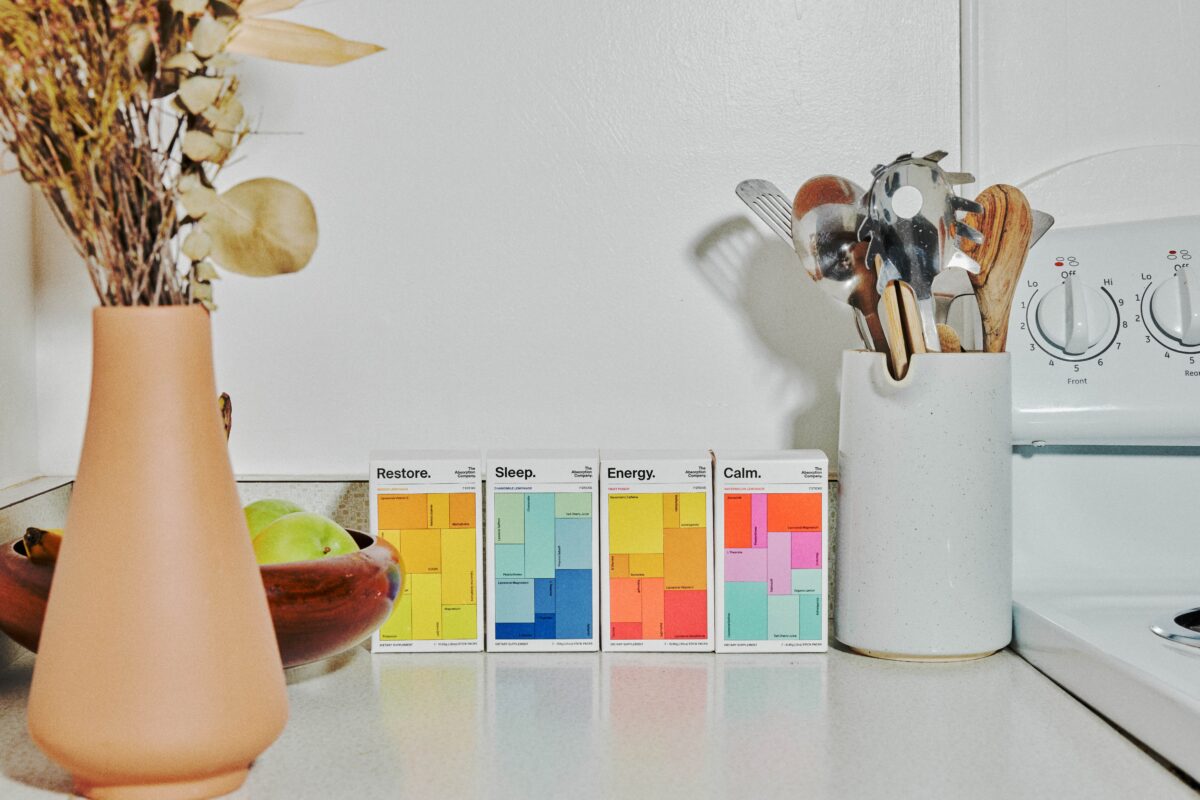In this Q&A, you’ll hear from George Moringer, founder & CEO of tapouts, developer of social-emotional training for children. George shares how seeing the lack of engagement through traditional mental health approaches led to gamified IRL group sessions that teach kids how to handle stress and build meaningful relationships.
Tell us about tapouts.
George Moringer: At tapouts, children gather once a week for 30 minutes in a group setting with new friends. During these sessions, they participate in specially designed games aimed at imparting essential social-emotional skills.
A two-sided, low-friction marketplace, we connect coaches with parents and their kids aged 4–16 in a safe environment where, through laughter, play, and peer interaction, children are equipped with the tools to grow and thrive emotionally.
The impact tapouts has on children’s lives is profound and far-reaching, extending into various domains of their personal development and well-being. Derived from research, our curriculum helps them cultivate meaningful and supportive relationships.
We know social-emotional competence is closely linked to academic achievement and future career prospects while fostering a sense of self-awareness, self-confidence, and purpose in children.
But what child understands the long-term benefits of mental health skills and is excited to participate in additional extracurricular activities?
That’s why we do things differently at tapouts and radically reinvent how mental well-being is taught. For it to be effective, we believe mental well-being education for children needs to be fun and foster community engagement.
What led you to pursue this opportunity?
GM: The idea for tapouts was deeply influenced by personal experience.
My brother has been grappling with mental health issues since childhood. Reflecting on his journey and learning about the scientific impact of social-emotional learning skills on children, we recognized that teaching these skills at a young age could have positively impacted his condition.
How did you turn your idea into a company?
GM: While parents were enthusiastic about the idea of teaching social-emotional skills to youth, we quickly realized that the children themselves were not as engaged. So, we took action, implementing gamification elements within a weekend. This transformational change immediately resonated with our young audience. Suddenly, we had a product.
The acquisition of our first customer was an emotional, validating moment. But the milestone of reaching 100 customers took another six months and was a true battle — we simply didn’t know enough about our customers. Even after our work with an influencer led to thousands of sign-ups, we couldn’t convert.
Since then, we’ve had conversations with our customers daily with the goal to understand why they signed up, how they utilize our service, and any potential areas for improvement or unmet needs they may have. This ongoing dialogue guides us on what to focus on and how to evolve our service.
We’re dedicated to getting things out into the market quickly, and what we do really well is listen. The market knows what it wants and provides invaluable guidance on what we should do next: Listen. Do. Listen again.
How big can this get?
GM: 50% of mental illnesses start before the age of 14, and most cases go undetected and untreated. Complicating matters, parents have difficulty finding qualified and affordable support for their children. We know this is a big opportunity to help a lot of people, and we have the best team in place to get it done.
Our team of experts and PhDs (including Dr. Daniel Lee and Maggie C. Vaughn) and our gamified platform are already trusted by 20K+ parents. And it works, 89% of kids report they feel calmer and less stressed after five weeks of tapouts, and 98% of kids using tapouts say their sessions are fun, so they keep coming back week after week.
With a product that works, we have experienced periods of explosive growth since our public launch in January 2023. Proving our market fit, we are on track to empower 1M children to take on their future challenges with our preventative approach that transforms stress into success.
What’s next on the roadmap?
GM: After raising $3.2M and recently concluding a seed round at a $20M valuation, we will be launching our Series A round in April of this year — so we are focused on that and have a lot of great investors at the helm.
We have heard over and over again this is something that needs to be implemented in the school curriculum, and we agree. At tapouts, we plan to scale into cities and schools and partner with insurance companies over the next two years.
We believe every child needs tapouts, and learning these skills that are not necessarily taught in schools is something every child can benefit from.
Anything else you’d like to share with readers?
GM: Every day, my conversations with parents whose children are enrolled in our program serve as a profound reminder of the impact we’re making — and it far surpasses our initial expectations when we founded the company.
The secret behind our success isn’t magic; it’s the result of relentless hard work in continuously advancing our science, technology, and team.
If you’re interested in having your company featured in our Q&A series, send an email to team@fitt.co.



